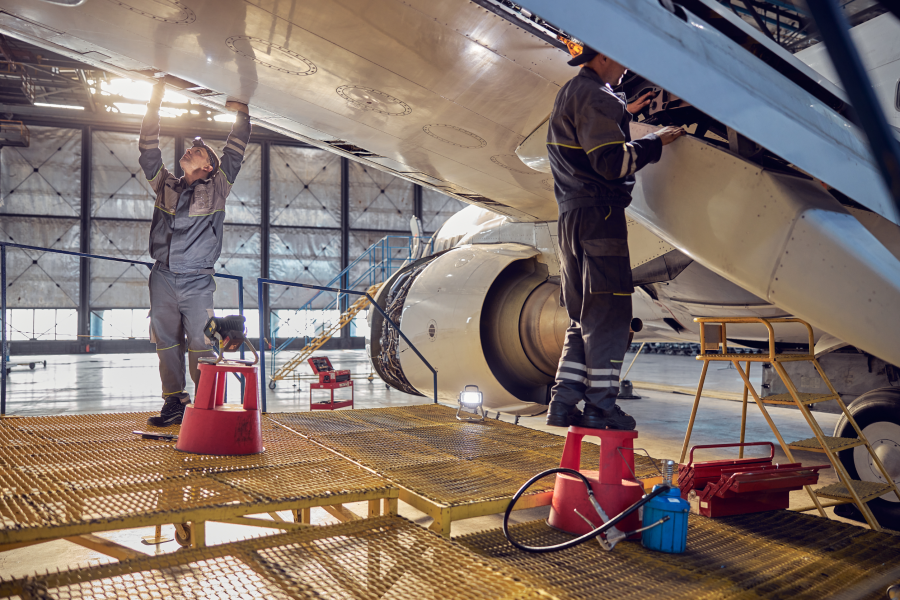MRO Forecast Over 8,800 shop visits and engine overhauls in 2024
 Following the MRO forecast that over 8,800 shop visits and engine overhauls are expected in 2024, and nearly 9,000 for 2025 the aviation sector gears up for an era of extended asset life.
Following the MRO forecast that over 8,800 shop visits and engine overhauls are expected in 2024, and nearly 9,000 for 2025 the aviation sector gears up for an era of extended asset life.
In a changing aviation landscape demand has consistently outpaced production, Locatory.com CEO, Toma Matutyte, notes, "Our data suggests that the drive for lean MRO will continue across an extended and agile aftermarket. As aircraft retirements are pushed out and demand outpaces production, the total forecasted quantity remains unchanged. The average age of aircraft in service is 12 years, with an average forecasted retirement age of 22 years. This industry shift underscores the paramount importance of agile asset management. The forecasts predict a staggering increase in shop visits and engine overhauls for 2024, necessitating the strategic application of technology to meet this burgeoning demand.”
The surge in overhauls anticipated further highlights the significance of efficient MRO in asset management. Almost 7,700 engine overhauls are anticipated globally in 2023, and even greater numbers are projected for 2024 and 2025, totaling over 8,800 and nearly 9,000 shop visits, respectively. Engine MRO is expected to be worth roughly 45% of the entire commercial aftermarket. Global engine shop visits are still below pre-COVID-19 levels despite attempts to increase capacity, with the industry seeking to reach pre-pandemic levels by the second half of 2024. The engine MRO supply chain has seen ongoing difficulties, such as OEM manufacturing limitations, protracted lead times, and material shortages made worse by international events. The aftermarket must increase efficiency and cost containment to meet demand into 2024 and 2025.
According to Matutyte, “The aviation industry is at a pivotal juncture where the total cost of ownership value proposition for customers must be elevated through lean and cost-effective MRO solutions. The extended life of aircraft in service presents a formidable challenge and an extraordinary opportunity in the aftermarket segment. As operators grapple with the reality of extending aircraft service beyond traditional retirement ages, agile asset management becomes the linchpin for success.”
Leading MRO practice leverages advanced technology and a global network of suppliers to streamline supply chains, optimize inventory management, and ensure minimal downtime by embracing lean principles and cutting-edge data analytics, extending asset life while reducing operational costs. “This is where the MRO sector will need to be to win capacity and meet demand,” says Matutyte.
